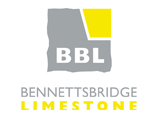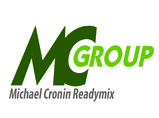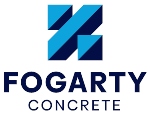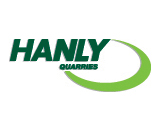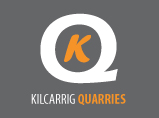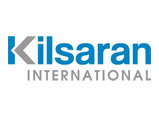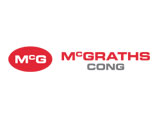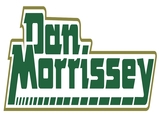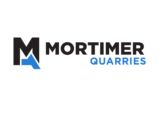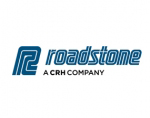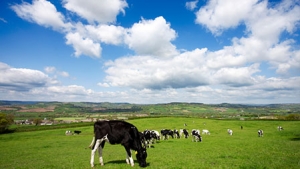
NITRATES DEROGATION
The nitrates derogation review 2019 includes a requirement for a farm scale liming plan.
The nitrates derogation provides farmers with an opportunity to farm at a high stocking rate. Farmers must not exceed stocking rates of 2 dairy cows per hectare (ha) without a derogation, but can farm at almost 3 cows per ha if approved for derogation. Over 7,000 farmers, farming nearly 500,000 hectares in Ireland have availed of the nitrates derogation; with the fourth programme due to conclude at the end of 2021.
In line with the most recent review of the nitrates derogation, all farms with a stocking rate above 170kg Nitrogen (N)/ha and all derogation farmers must adopt a farm-scale liming plan. This is to ensure an improvement in nutrient use efficiency by reducing the use and requirement for chemical fertilisers with a resulting reduction in greenhouse gas (GHG) emissions.
The primary purpose of lime application is to correct soil acidity levels. The optimal pH of soil should be between 5.5 for peaty soils and 6.3 for mineral soils. With reports of up to 80% of Irish soils regarded as suboptimal pH, applying lime is a necessity, not a luxury.
In order to identify the nutrient and lime requirements of the soil, soil sampling is mandatory for derogation farmers to complete every four years. Following this, a nutrient management plan (NMP) must be developed which allows farmers to assess the farm’s lime requirement status and investigate how the soil fertility has changed since the previous soil test. An NMP is an integral part of nutrient use efficiency on a farm.
The recent Nitrates Derogation review states that farmers must spread at least 50% of the lime requirement in their current NMP in 2020 and the remainder over the years 2021 – 2023. Should a farmer’s current NMP not include a liming plan, it must be amended to reflect the current compulsory requirements.
For rented land on a one-year agreement, liming is not compulsory, however land managed for more than one year must be included in the liming programme.
See below Teagasc video which explains how all derogation farmers must now adopt a farm scale liming programme based on a current Nutrient Management Plan and associated soil analysis results.
The development of a liming plan and subsequent lime application will see further benefits for farmers and their grassland productivity.
Lime application:
- Releases up to 80kg N/ha per year which helps to unlock the soil’s Phosphorus (P) and Potassium (K).
- Increases the responsiveness of chemical fertilisers and the efficiency of these fertilisers.
- Increases grass production. Teagasc states that for every €100 invested in lime, farmers can achieve a return of up to €700 in extra grass production.
Nitrogen Use Efficiency is among the top 5 measures identified in the Teagasc MACC as a potential major contributor to reducing Ireland’s greenhouse gases. Research has shown that increasing the soil pH from 5.5 to 6.3 by the use of lime, the application of Nitrogen fertiliser can be reduced by up to 70 kg N ha/year.
Teagasc has estimated that half of the land in Ireland with sub-optimal pH would be brought to optimal pH conditions with the application of 7.5 tonnes of lime per hectare. This would release up to 30,000 tonnes of Nitrogen per year by 2030, thereby reducing the need for N fertilisers by this amount. This would in turn reduce direct and indirect N2O emissions by 120,000 tonnes of CO2 equivalent / year.



